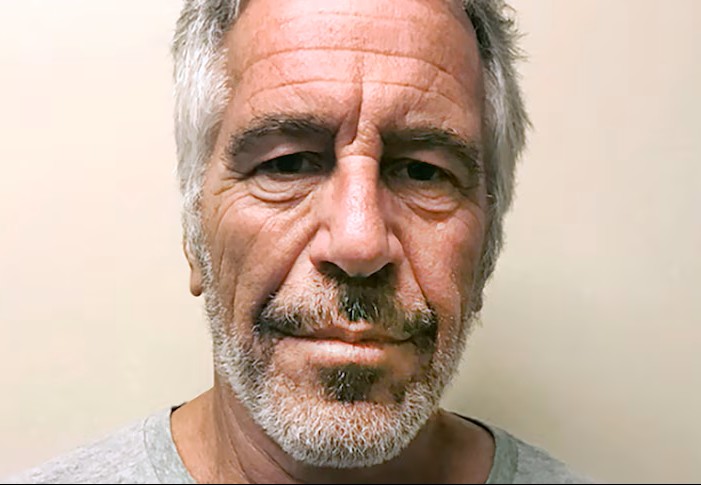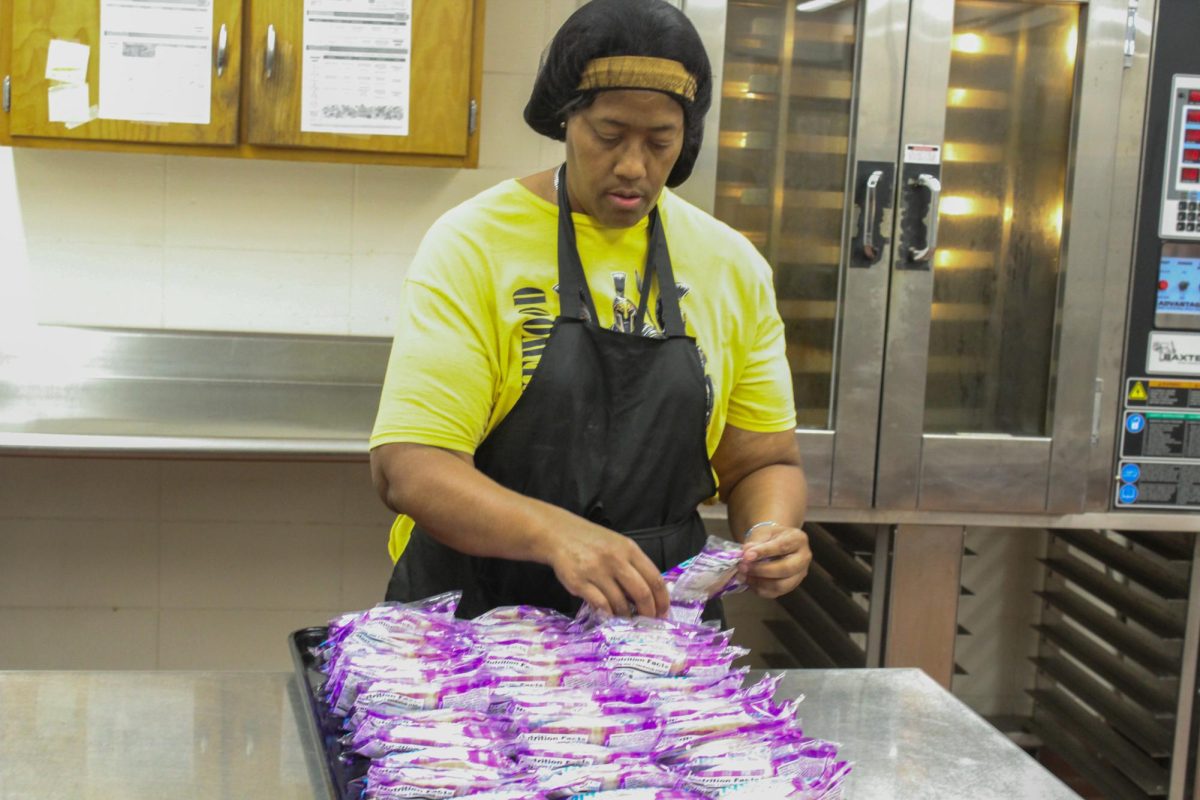This month, the Department of Justice (DOJ) has faced pushback from both legal and political specters after making bids to unseal documents tied to Jeffrey Epstein and his associate Ghislaine Maxwell. This move has largely been rejected by federal judges and is being criticized as a distraction from the evidence that’s already in the DOJ’s possession according to Daily Beast reporter Sarah Ewall-Wice.
The Guardian reports that the request is centered on grand jury proceedings from Epstein’s 2005 Florida investigation and Maxwell’s 2021 trial. Usually, these types of transcripts are kept sealed to maintain confidentiality. The DOJ argued that asking courts to unseal them since public interest outweighed those protections.
Judge Robin Rosenberg (FL) noted that precedent left little room for release stating “her hands were tied” according to the New York Post. Judge Richard Berman (NY) suggested that the DOJ already had reliable material (over 100,000 pages of investigative files) of grand jury transcripts. Berman called the move a possible distraction tactic, according to the New York Post.
The DOJ is being accused by critics for focusing on a small portion of the records while there are much larger documents that would be more impactful to the case. ABC News reports that these documents include investigative reports, internal communications, and other evidence gathered across multiple jurisdictions.
The House Oversight Committee has subpoenaed the DOJ to turn over its Epstein files. The decision was made due to lawmakers arguing that the American public deserves full transparency. They also are seeking answers about potential ties to powerful figures, such as politicians and businesspeople who have already been named in unsealed civil documents.
Forbes reporter, Alison Durkee writes, “The DOJ is expected to only start providing documents to lawmakers on Friday but has not confirmed a timeline on how long it will take”.
Reports from the Washington Post suggest the Trump administration had an “unusually close involvement” with the DOJ when it came to revisiting Epstein’s case, which caused questions about whether the push to unseal was motivated by transparency or politics.
As of now, the doors have been closed when it comes to the DOJ’s bid to release grand jury transcripts. It has been signaled that the DOJ will begin sharing some records, adding to the battle over what the public gets to know about the controversial Epstein case.








